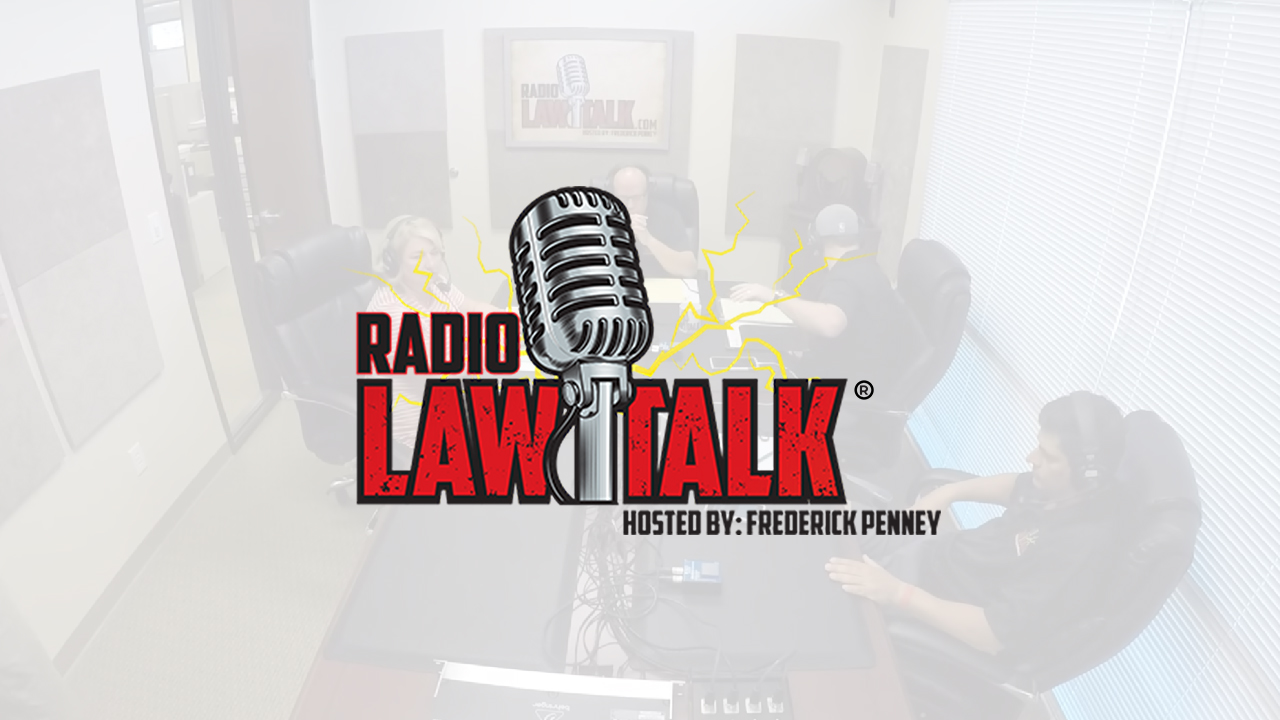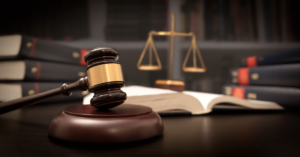In this segment, Fred, Denise, and Cal look at cases where an accuser meets an untimely death in the middle of the lawsuit – what happens next, and where does the case go from there?
Watch the video below to know more.
Video Transcript:
Denise:
The newest news in Kevin Spacey’s case, he had an accuser that was an anonymous accuser that brought a suit against him for what he claimed was a sexual assault against him by Kevin Spacey.
We don’t know exactly yet how this accuser died, but this accuser dies in the middle of the lawsuit. So what does that mean that the lawsuit is going to go away? Does it survive so that his estate (ie, his family members) can pursue the lawsuit?
You know there’s a lot of questions that arise when somebody dies in the middle of a case. I personally had an ADA (American with Disabilities) case and that plaintiff had filed suit against my client. I was defending that case, and that plaintiff died in the middle of the case, it never reached it. And for that, ADA is a personal action that is only allowed for the actual victim to pursue.
Cal:
Denise, ADA is Americans with Disabilities act, so he couldn’t pursue it. But is it there not a broader issue of what kind of person confronts his accuser if the accuser is dead?
Denise:
That’s part of it. But it actually goes to the underlying nature of the case, and whether or not it’s a personal cause of action that’s personal to the alleged victim or the plaintiff, or whether or not it is something that will survive the death and allow for the family members – via the estate – to continue the action.
Fred:
I’ll give you an example. You take the big tobacco cases where they went against folks like that. The Plaintiff’s attorneys, there was a rush to get the testimony of people that were in the final stages of cancer under what’s called a” conditional exam,” where the defense and the prosecution were not ready to go to trial but the defense and the prosecution are both there and they take a deposition and somebody is able to cross-examine so they can say, Cal, to your point, yes, we had the opportunity to at least cross-examine and raise some questions.
The big issue here is – if your complaining victim dies and they want to (file a case) – how do they get the complaint? The alleged incident – how do they get that to a jury? If that person’s not sitting in the witness chair, then they have to either have somebody read a written statement, play a tape recorded statement, or play a video. Those are all statements made outside of court that the plaintiff wants the jury to believe. That’s the definition of ‘hearsay’. And unless there’s an exception that allows that to come in and there’s a lot of exceptions to hearsay. But unless there’s an exception, the jury can’t hear what they have to say and that’s gonna be a hurdle for them.
Denise:
And remember, it was challenged that this was this anonymous massage therapist was anonymous and that was kind of a challenge and they said they’re going to be discovered and everything’s going to be discovered during the discovery process. So this is prior to the discovery process and I don’t think that this is going to be pursued by the massage therapist’s family. I don’t think they can.




